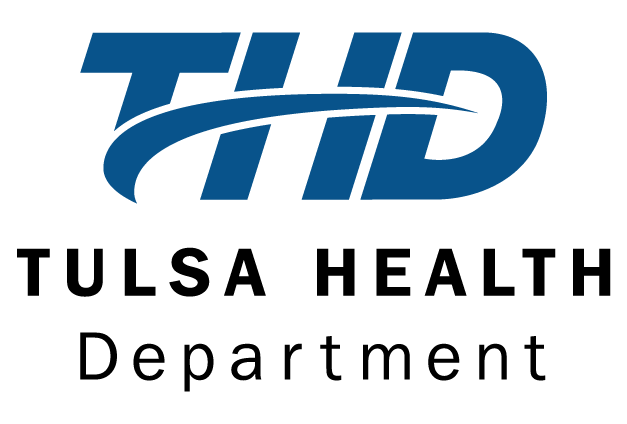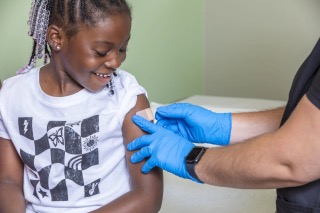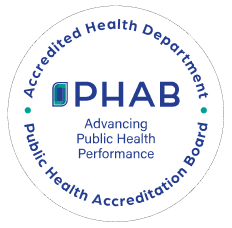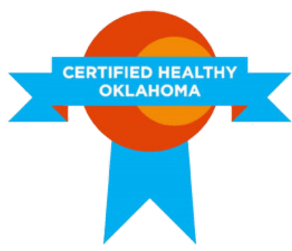The Epidemiology team members at the Tulsa Health Department are all considered responders specific to events such as bioterrorism, infectious diseases, and mass potential outbreaks. Many times, people think of natural disasters such as hurricanes and tornados that cause a threat to people’s safety, but COVID-19 brought Epidemiology to the forefront of an infectious disease outbreak that affected millions of people.
What is the Emergency Planning & Response Program (EPRP)?
EPRP was created after the anthrax attack on the United States in 2001. The country saw that there was a dire need for safety procedures and protocols to ensure proper communication for efficient management. The Tulsa Health Department’s emergency program has been a key pillar in many public health emergencies such as natural disasters, H1N1, Mpox, and was instrumental in the COVID-19 management to keep our Tulsa County residents as safe as possible. The specific purpose of the EPRP team is to “provide planning, training and establish preparedness to respond to the effects of potential emergencies whether they are man-made or natural disasters.”
EPRP Highlight: Kamalei Emler, Community Outreach Coordinator
“The Emergency Preparedness and Response Program (EPRP) is responsible for maintaining plans that ensure an effective and efficient response to public health emergencies in Tulsa County. My job as community outreach coordinator is to develop partnerships with community agencies to ensure agreements are in place to protect the population during a public health emergency.
When I was in college, I took a class called Emergency Management, where we learned about some of the biggest disasters our country and the world have ever seen. It fascinated me to learn how resilient the communities were and how they responded to the events, have it been manmade or natural disasters. I enjoy the unpredictability of the field and the sense of comradery to serve the community in its time of need. My passion came from that class and has only grown since joining EPRP.”
How does the Epidemiology team work with EPRP?
COVID-19 was a perfect example of such as the Epi team was tasked with case investigations, contact tracing, testing and vaccine activities, and outbreak monitoring that was aided with the planning and procedures of the EPRP team. While the EPRP team had the protocol and the organization skills to mass-vaccinate residents and reduce the spread of COVID-19, the Epi team had the expertise concerning infection control and prevention. Working together closely, both teams were able to reduce the potential spread of COVID-19 and provide essential skills to residents.
More information and resources:
- Ready.gov has wonderful information to keep family and friends safe from disasters.
- Learn how to make your own Emergency Go Bag.
- Join the Oklahoma Medical Reserve Corps to volunteer during our next emergency.








